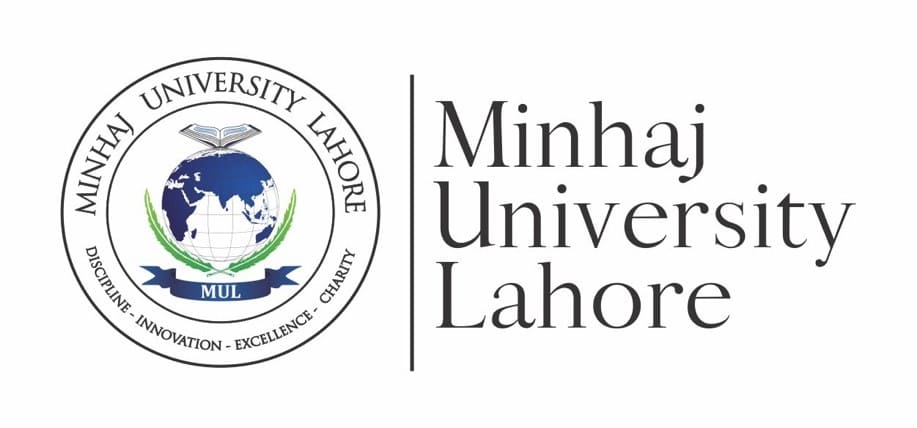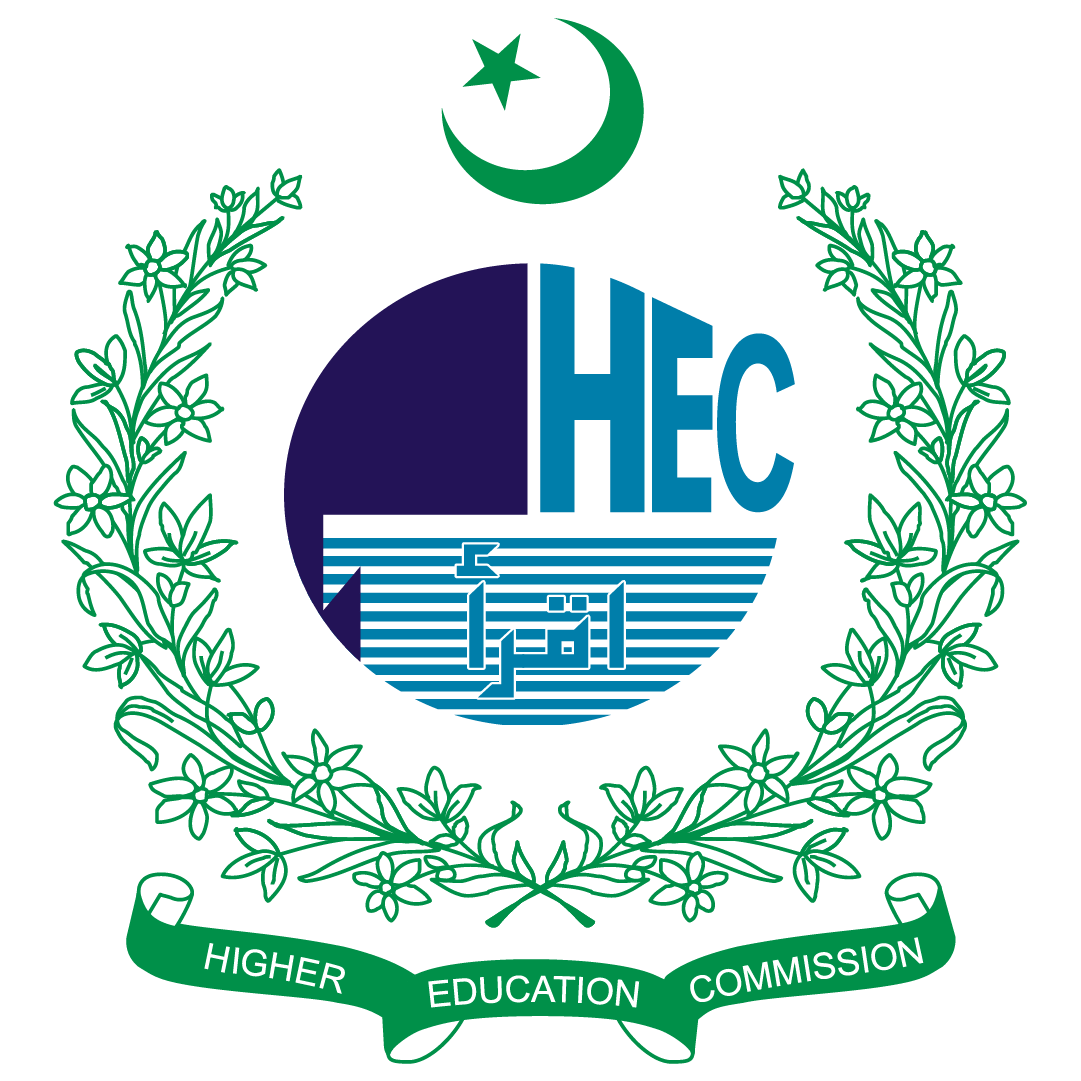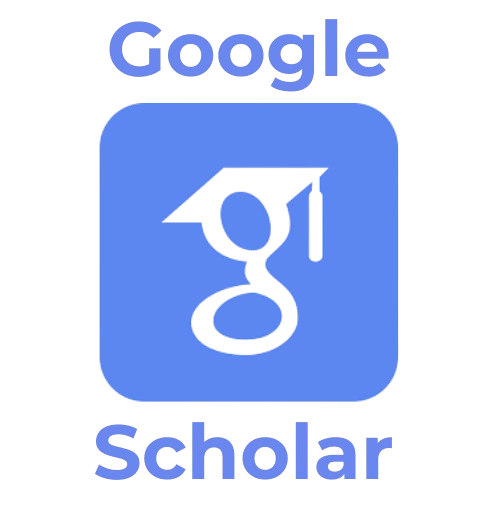Digitalization, Secularization, and the Need for Soulful Education
DOI:
https://doi.org/10.58932/MULD0037Keywords:
Digitalization, Spirituality, COVID-19, Soulful Education, Spiritual CitizenshipAbstract
Digitization is the conversion of physical information into digital formats, converting hard paper files and documents into digital files and documents. It has many positive effects including making life easier, connecting people, spurring innovation, and helping economies develop. However, it has led to metabolic diseases caused by sedentary lifestyles, created mental health problems, augmented concerns around privacy and security, and has resulted in social isolation and reduced interactions. The digital revolution is changing the way people live and interact, but it is neither sustainable nor equitable. The COVID-19 pandemic has accelerated digitalization but it has also widened inequalities between and within less-connected and hyper-digitalized societies. Ensuring a more equitable global digital economy will require crafting agile government regulations, upskilling workers, and encouraging a balanced approach to life that incorporates both technology and spiritual practices. Technology should be used in a way that is aligned with one's spiritual or ethical values and beliefs. Spirituality includes a connection to something greater than oneself, a sense of purpose or meaning, and a commitment to ethical principles such as compassion, love, and respect. This can be attained through soulful education and the University with Soul.
References
Al-Saggaf, Y., & Begg, M. M. (2004). Online communities versus offline communities in the Arab/Muslim world. Journal of Information, Communication and Ethics in Society, 2(1), 41–54. https://doi.org/10.1108/14779960480000242.
Altmann, C. (2017). ‘Judaism to go’- hastening the redemption through web 2.0. Online-Heidelberg Journal of Religions on the Internet, 12, 5–17. https://doi.org/10.17885/heiup.rel.2017.0.23765.
Belk, R. (2017). Magical machines meet magical people. In E. P. Becerra, R. Chitturi, M. C. H. Daza, & J. C. L. Roldan (Eds.), Association for consumer research (pp. 28–30). Duluth,MN: LA - Latin American Advances in Consumer Research.
Belk, R. (2017). Magical machines meet magical people. In E. P. Becerra, R. Chitturi, M. C. H. Daza, & J. C. L. Roldan (Eds.), Association for consumer research (pp. 28–30). Duluth,MN: LA - Latin American Advances in Consumer Research.
Belk, R., Weijo, H., & Kozinets, R. V. (2021). Enchantment and perpetual desire: Theorizing disenchanted enchantment and technology adoption. Marketing Theory, 21(1), 25–52.
Brockner, M. (2001). Islamicity Creating an Islamic Cybersociety. https://openaccess.leidenuniv.nl/bitstream/handle/1887/17513/ISIM_8_IslamiCity_Creating_an_Islamic_Cybersociety.pdf?sequence=1
Campbell H. (2010). When religion meets new media. London: Routledge.
Campbell, H. (2005). Exploring religious community online: We are One in the network. New York: Peter Lang.
Chawki, M. (2010). Islam in the Digital Age: Counselling and Fatwas at the Click of a Mouse. Journal of International Commercial Law and Technology, 5(4), 165-180.
Enstedt, D., Larsson, G., & Pace, E. (2015). Introduction: Religion and internet. In D. Enstedt, G. Larsson, & E. Pace (Eds.). Annual review of the sociology of religion (pp. 1–10). Brill. Leiden, The Netherlands. https://doi.org/10.1163/9789004302549_002.
Faubert, B., (2012), “In-school policies and practices for overcoming school failure: A Literature Review”, OECD Education Working Paper, Paris: OECD; Field S., M. Kuczera and B. Pont (2007), No More Failures: Ten Steps to Equity in Education, Paris: OECD.
Field S., M. Kuczera and B. Pont (2007), No More Failures: Ten Steps to Equity in Education, Paris: OECD.
Fournier, L. (2013). Merchant Sharing Theory. HAL Id: hal-00908314. https://hal.archives-ouvertes.fr/hal-00908314v2).
Helland C. Surfing for salvation. Religion. 2002;32(4):293–302.
Imam, M. A., Ahmad, S., Bhatti, M. A. A., & Afzal, M. (2023). Contextualizing Research Approaches: The Role of Western and Islamic Philosophies in Shaping Methodology and Knowledge Creation. Al-Irfan, 8(16), 69-90.
Irawanto, D. (2020). Unexpected and Habit Driven: Perspectives of Working from Home during the Covid-19 Pandemic. APMBA (Asia Pacific Management and Business Application), 8(3), 165-168. https://doi.org/10.21776/ub.apmba.2020.008.03.1
Kamarulzaman, Y., Veeck, A., Mumuni, A. G., Luqmani, M., & Quraeshi, Z. A. (2016). Religion, markets, and digital media: Seeking halal food in the US. Journal of Macromarketing, 36(4), 400–411. https://doi.org/10.1177/0276146715622243.
Kaur, G. (2016). Customer interface in spiritual tourism via “Synaptic CRM Gap”: An integrative technology-based conceptual model for relationship marketing. Journal of Relationship Marketing, 15(4), 326–343.
Lundby K. (2013). Theoretical frameworks for approaching religion and new media. In: Campbell HA, editor. Digital religion: Understanding religious practice in new media worlds. Routledge; 2013. pp. 225–237.
Machin, Stephen, and Anna Vignoles. (2018). What's the Good of Education?: The Economics of Education in the UK. Princeton: Princeton University Press.
Meadows, D. H; Meadows, D. L; Randers, J. Behrens III, W. W (1972). The Limits to Growth; A Report for the Club of Rome's Project on the Predicament of Mankind. New York: Universe Books.
Miller, J. P. (2010). Whole Child Education. Toronto: University of Toronto Press.
Miller, J. P. (2019). The Holistic Curriculum. Toronto: University of Toronto press.
Mitra, S. (July 3, 2015). Is Technology Dehumanizing Society? https://www.huffpost.com/entry/is-technology-dehumanizin_b_7720926 (Accessed December 10, 2023).
Nuttall, Mary. (2006). “Soulful learning: A vital component of curriculum development.” In M. de Souza, G. Durka and K. Engebret et al. (Eds.). International Handbook of the Religious, Moral and Spiritual Dimensions in Education (pp. 1343 – 1359). Dordrecht, The Netherlands: Springer.
OECD (2012), Equity and Quality in Education: Supporting Disadvantaged Students and Schools, OECD Publishing. https://www.oecd.org/education/school/50293148.pdf (Accessed August 15, 2022).
OECD (2020), Keeping the Internet Up and Running in Times of Crisis, OECD, Paris, www.oecd.org/coronavirus/policy-responses/keeping-the-internet-up-and-running-in-times-of-crisis-4017c4c9/.
OIC, Organisation of Islamic Conference (1990) Cairo Declaration on Human Rights in Islam, Cairo, Egypt, 31 July - 5 August 1990. http://www.oicun.org/articles/54/1/Cairo-Declaration-on-Human-Rights-in-Islam/1.html. (Accessed August 20, 2022).
Razak, D. A., & Moten, A. R. (2022). The fourth industrial revolution: Shaping a humane world? In E. J. Valeau, R. L. Raby, & U. Gaulee (eds), Shaping a humane world through global higher education: Pre-challenges and post-opportunities during a pandemic (pp. 19-34). STAR Scholars.
Razak, D. A., Morshidi S., & Chang Da, W., (2019). Falsafah Pendidikan Kebangsaan in ‘W.E.I.R.D.’ world of education. In, W. Chang Da, S. Morshidi & A. R. Dzulkifli (Eds.), Higher Education in Malaysia – A Critical Review of The Past and Present for the Future. USM/USIM Press.
Sierk, J. (2014). Currere and the Beauty of Soulful Classroom Moments. The Nebraska Educator 1 (2014), pp. 135-147.
Skelton, S. & Kigamwa, J. (2013). Educational equity: What’s it all about? Great lakes equity center. Retrieved from http://glec.education.iupui.edu/assets/files/JulyPDF.pdf (Accessed 15, 2022).
Ting, D.S.W., Carin, L., Dzau, V., Wong, T.Y. (2020). Digital technology and COVID-19. Nature Medicine.26, 458–464 https://doi.org/10.1038/s41591-020-0824-5
UNESCO (United Nations Educational, Scientific and Cultural Organization) (2008) Education for All Global Monitoring Report, Paris: UNESCO. http://www.unesco.org/education/gmr2008/chapter1.pdf (Accessed August 15, 2022).
Van Laer, T., & Izberk-Bilgin, E. (2019). A discourse analysis of pilgrimage reviews. Journal of Marketing Management, 35(5–6), 586–604.
Downloads
Published
How to Cite
Issue
Section
License
Copyright (c) 2024 Abdul Rashid Moten, Dzulkifli Abdul Razak

This work is licensed under a Creative Commons Attribution-NonCommercial 4.0 International License.









